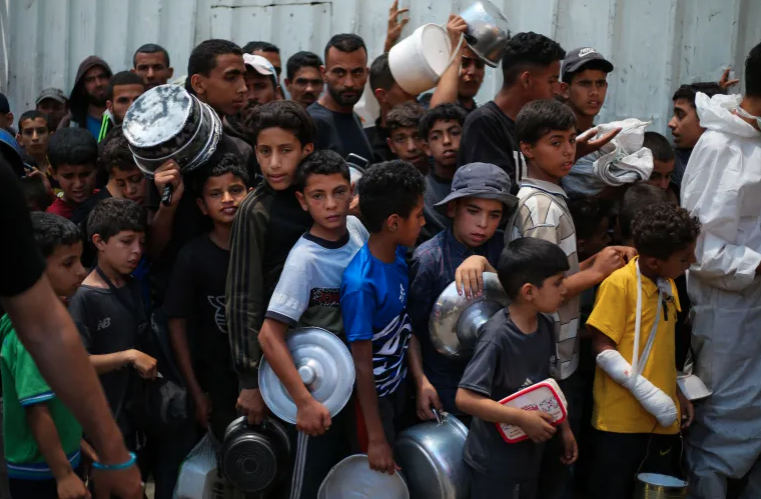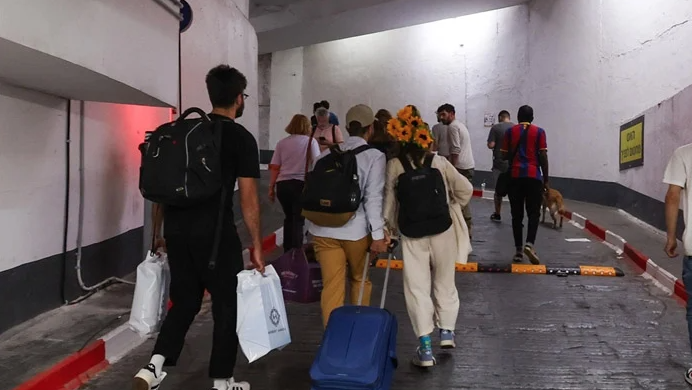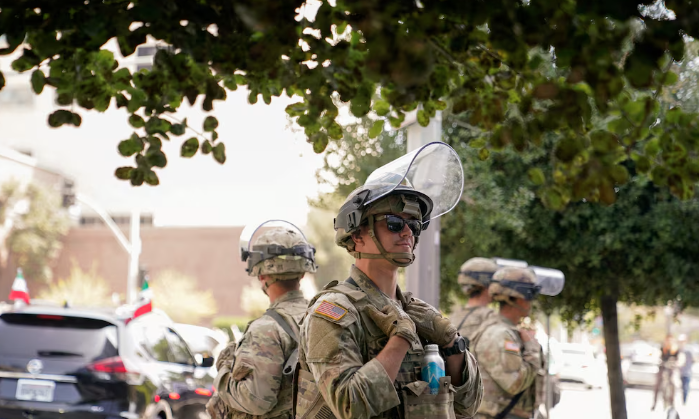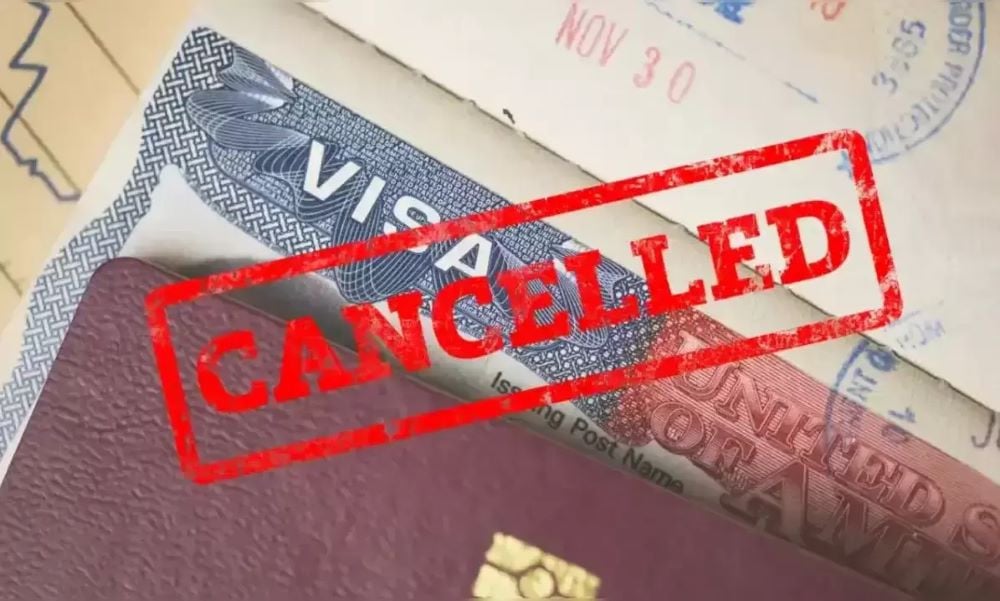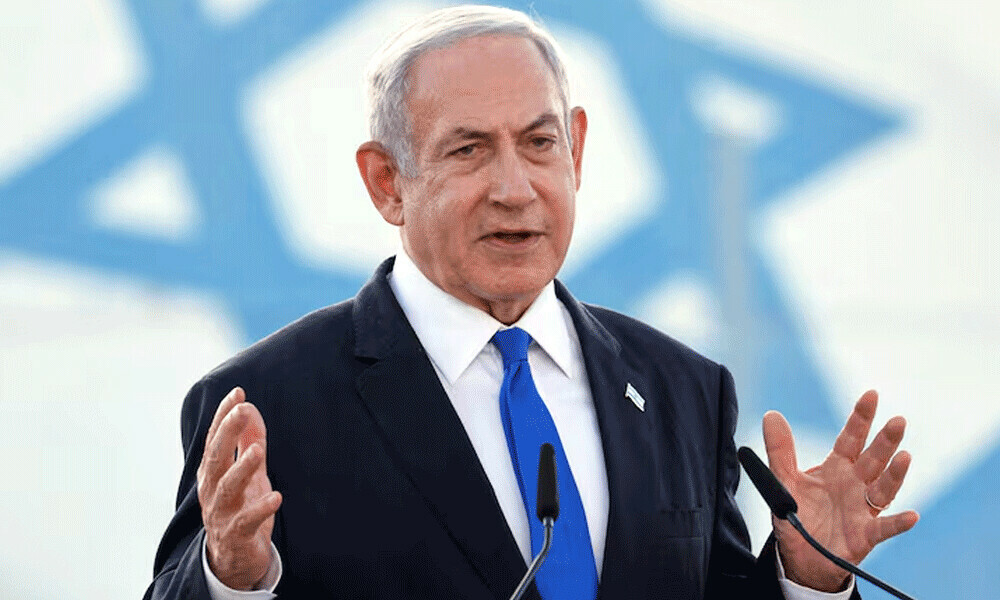WORLD NEWS
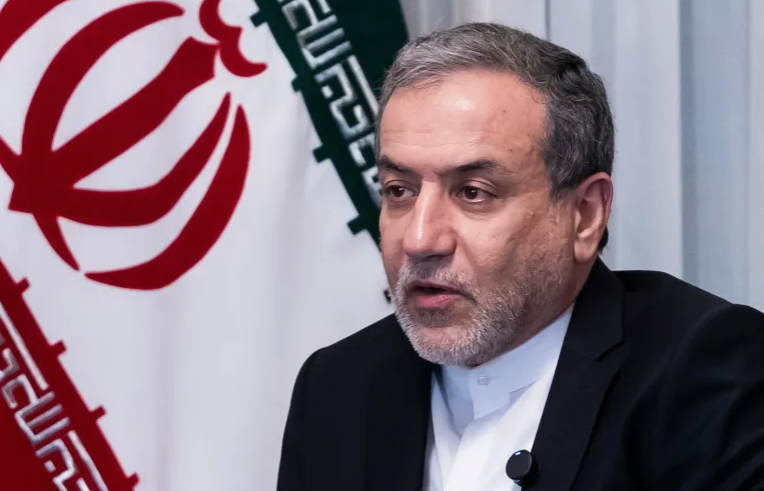
Iran will meet with top diplomats from the United Kingdom, France, Germany, and the European Union in Geneva on Friday. The emergency talks aim to reestablish dialogue amid rising fears of a broader regional war.
The meeting comes days after U.S. President Donald Trump said he would decide within two weeks whether to launch military strikes on Iran’s nuclear sites following a surge in Israeli attacks on Iranian territory.
Iranian Foreign Minister Abbas Araghchi confirmed the planned talks, which were also verified by European diplomats. The E3 bloc — comprising UK Foreign Secretary David Lammy, French FM Jean-Noel Barrot, and German FM Johann Wadephul — along with EU foreign policy chief Kaja Kallas, will attempt to revive the path of diplomacy.
In a joint push, European leaders hope to broker a ceasefire and de-escalation roadmap. French President Emmanuel Macron has tasked his diplomats with drawing up a fresh negotiation framework, with Barrot stating: “We are ready to take part in negotiations aimed at obtaining from Iran a lasting rollback of its nuclear and ballistic missile programmes.”
UK’s David Lammy, after talks in Washington with U.S. Secretary of State Marco Rubio, reaffirmed: “There is a narrow window for diplomacy — and it must be used.”
The Geneva meeting coincides with mounting regional instability. Israel’s Operation Rising Lion, launched on June 12, targeted multiple Iranian nuclear and military installations, killing top scientists and generals. In retaliation, Iran launched a series of strikes against Israeli cities, leaving 24 dead and hundreds wounded in Israel. Iran itself has suffered heavy casualties: at least 639 dead, including 263 civilians, and over 1,300 wounded, according to the U.S.-based Human Rights Activists group.
Despite the destruction, Tehran has signaled it is not shutting the door on diplomacy. According to Al Jazeera's Tehran correspondent, Iranian officials maintain they won’t negotiate with the U.S. while under direct Israeli assault — but also emphasize their willingness to resume dialogue once the aggression stops.
The Geneva venue holds historical weight: it hosted the 2013 interim nuclear accord and led to the 2015 JCPOA deal (Joint Comprehensive Plan of Action), which Trump unilaterally exited in 2018.
With Trump now reconsidering re-engagement or direct military intervention, all eyes are on Geneva. The diplomatic push could mark a last-ditch attempt to stop the region from plunging into full-scale war, which experts warn could have global repercussions.
Meanwhile, Iran continues to deny it is pursuing nuclear weapons, and the IAEA (International Atomic Energy Agency) has reported no evidence to the contrary.
As tensions reach a boiling point, Friday's talks may prove pivotal in deciding whether diplomacy prevails — or if another Middle East war looms on the horizon.
